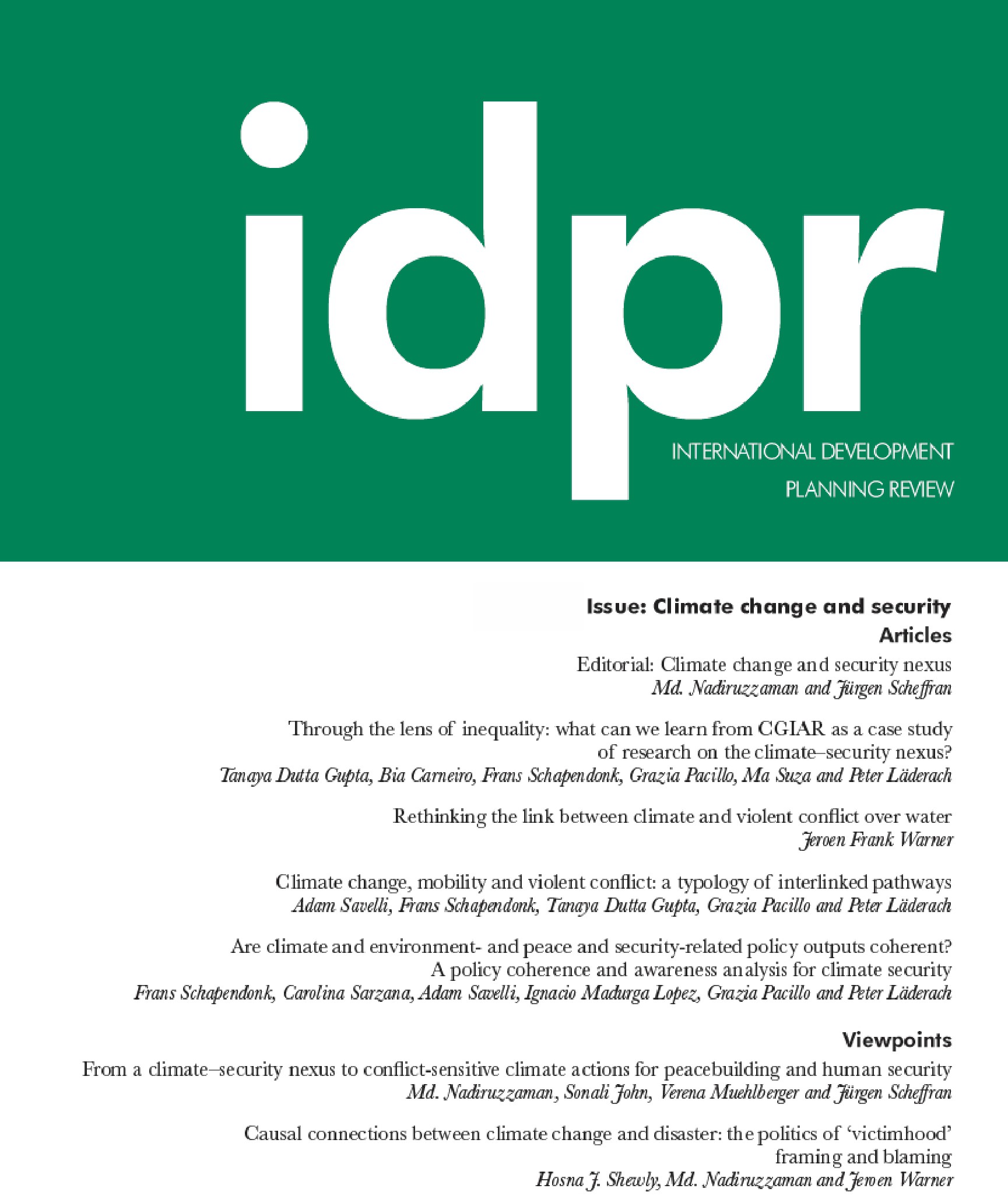THE ROLE OF BANKS IN COMBATING MONEY LAUNDERING
Abstract
Money laundering operations are on the rise globally due to the rising activity of organized criminal groups in numerous fields. As a result, such phenomena, together with other challenges such as international terrorism, have taken a prominent place on the global policy agenda. It is worth noting that laundering activities place a significant burden on various countries throughout the world, which are seeking the best ways to combat and prohibit activities. Banks are generally known to be essential pillars of money laundering and its combat. Banks are suitable for money laundering because they handle the majority of transactions. Consequently, Central Banks in most of the world's countries implemented several regulations to increase oversight of commercial banking institutions to reduce the globalization of such occurrences. This study is an in-depth investigation that attempts to discover and clarify the preferences and views of customers regarding the quality of service in Iraqi banking, as well as to define the service quality components that contribute to these opinions.






